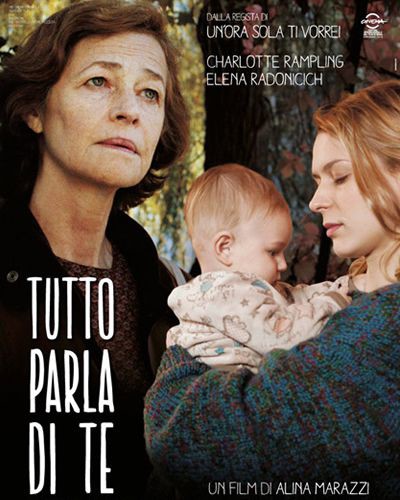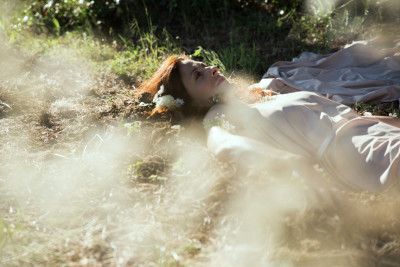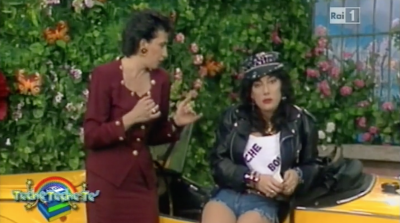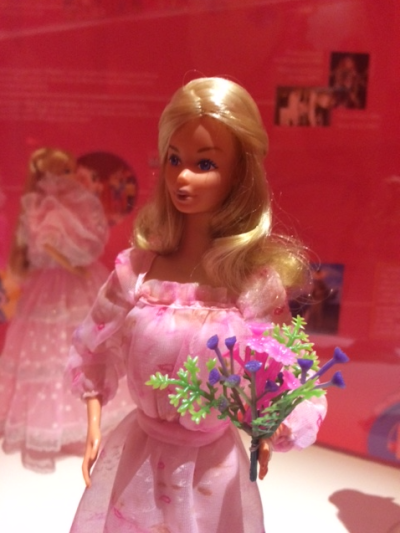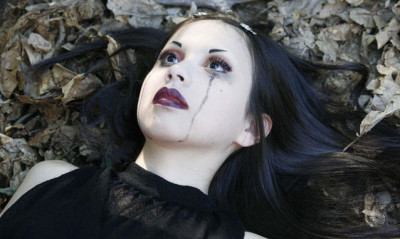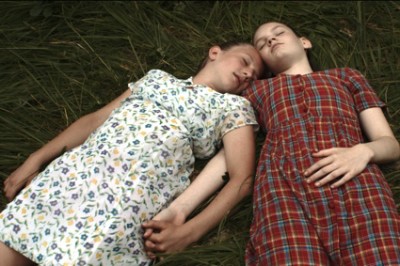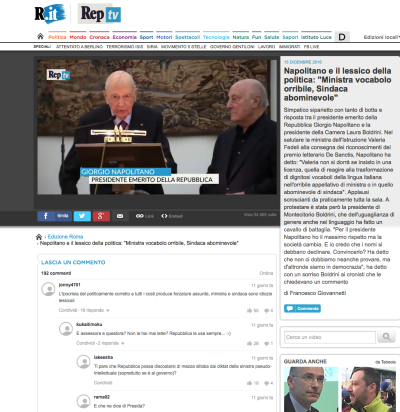13.Tutto parte da me: Alina Marazzi, regista. Videosaggio.
Tutto parte da me: Alina Marazzi. Videosaggio.
This is a video-essay that Marini-Maio created from her interview with acclaimed filmmaker Alina Marazzi in New York City on March 17, 2018. The interview is presented in alternate editing with clips from Marazzi’s experimental non-fiction films Un’ora sola ti vorrei and Vogliamo anche le rose, and her stylistically hybrid theatrical feature Tutto parla di te. The goal of the video-essay is to unpack,

